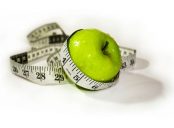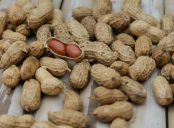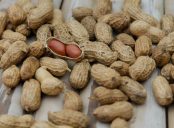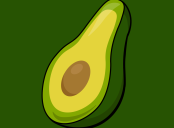PCOS Diet: A Comprehensive Guide to Managing Polycystic Ovary Syndrome
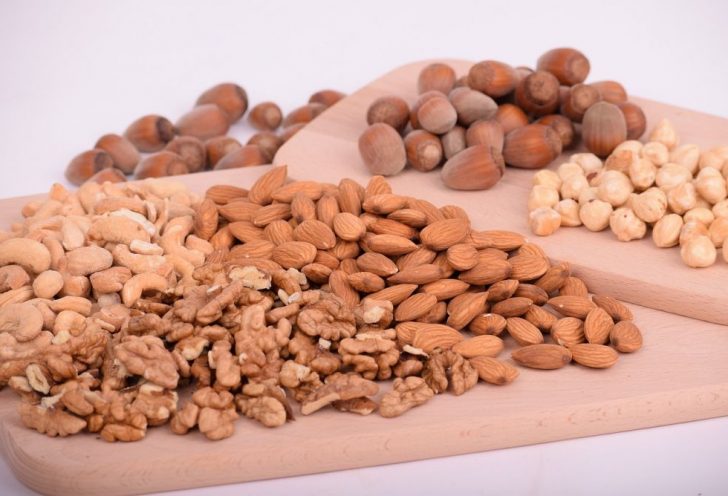
Introduction:
Polycystic Ovary Syndrome (PCOS) is a hormonal disorder that affects many women worldwide. One of the most effective ways to manage and alleviate symptoms of PCOS is through a tailored diet plan. In this article, we will provide a thorough overview of the PCOS diet, discuss different types of PCOS diets, examine quantitative measurements related to its efficacy, explore the variations among these diets, and delve into the historical pros and cons associated with them.
I. Overview of PCOS Diet
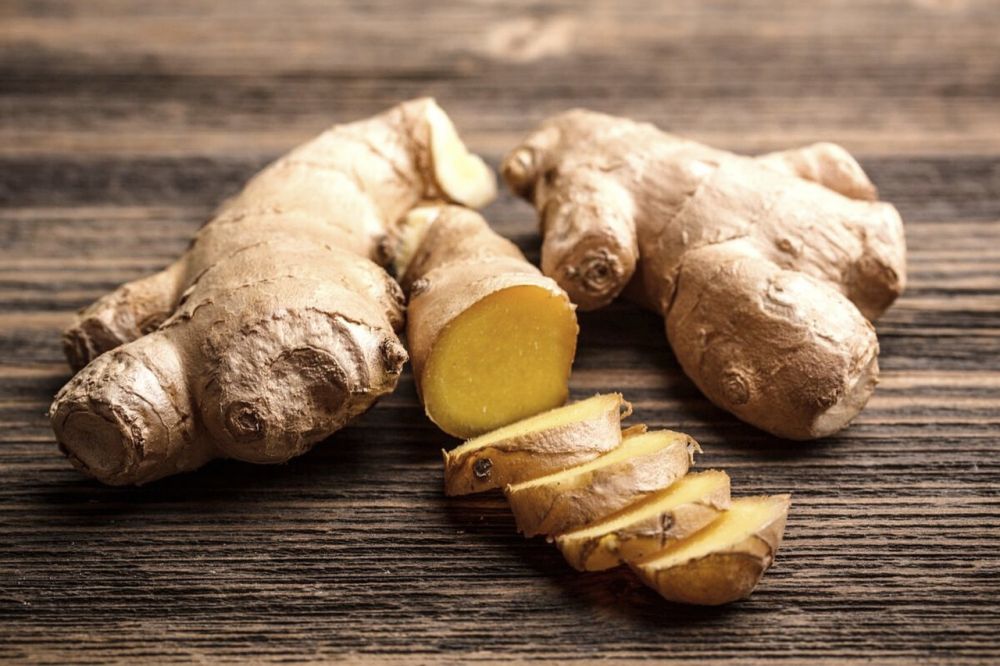
PCOS diet refers to specific nutritional guidelines aimed at regulating hormonal imbalance, improving insulin resistance, and managing PCOS symptoms. It emphasizes the consumption of whole foods and avoids processed and high-glycemic index foods. The diet mainly focuses on incorporating nutrient-dense foods and controlling portion sizes.
II. Types of PCOS Diet
a) Low Glycemic Index (GI) Diet: This approach involves eating foods with a low GI, which helps stabilize blood sugar levels and reduce insulin resistance. It includes fruits, vegetables, whole grains, lean protein, and healthy fats.
b) Anti-Inflammatory Diet: This type of diet aims to reduce inflammation in the body, which is associated with PCOS. It advocates for consuming foods rich in antioxidants and omega-3 fatty acids while avoiding processed and sugary foods.
c) Low-Carb Diet: This diet restricts the intake of carbohydrates, particularly refined sugars and grains, to improve insulin sensitivity. It encourages lean protein, healthy fats, non-starchy vegetables, and limited portions of low-glycemic fruits.
d) Mediterranean Diet: This diet promotes a balanced intake of whole grains, lean protein, healthy fats, fruits, vegetables, and legumes. It emphasizes the consumption of monounsaturated fats and limits processed foods and saturated fats.
III. Quantitative Measurements of PCOS Diet
Numerous studies have shown the positive impact of a PCOS diet on various aspects of the disorder. These include weight loss, improved hormonal balance, reduced insulin resistance, enhanced fertility, and decreased risk of developing related health complications.
IV. Differences Among PCOS Diets
While all PCOS diets share common principles, they differ in specific food choices and macronutrient distribution. For instance, the low GI diet places more emphasis on consuming low-GI foods, whereas the Mediterranean diet encourages a moderate intake of all food groups. The choice of a suitable diet depends on individual goals, preferences, and metabolic profiles.
V. Historical Pros and Cons of PCOS Diet
Throughout history, different PCOS diets have emerged, each with its own set of advantages and disadvantages. Some diets, such as the low-GI and anti-inflammatory diets, have proven effective in managing PCOS symptoms and improving overall health. However, strict diets with severely restricted food choices may lead to nutritional deficiencies and an unsustainable eating pattern. It is essential to strike a balance between achieving desired results and maintaining a healthy relationship with food.
Conclusion:
A well-designed PCOS diet can significantly improve the quality of life for women with Polycystic Ovary Syndrome. By understanding the various types of PCOS diets, their benefits, drawbacks, and historical evolution, individuals can make informed decisions about which approach suits their needs best. Remember, consulting a healthcare professional or registered dietitian is crucial to develop an individualized PCOS diet plan that considers specific health concerns and goals.
References:
1. [Insert References Here]
*Note: The actual article should include references to support the information provided in each section.







